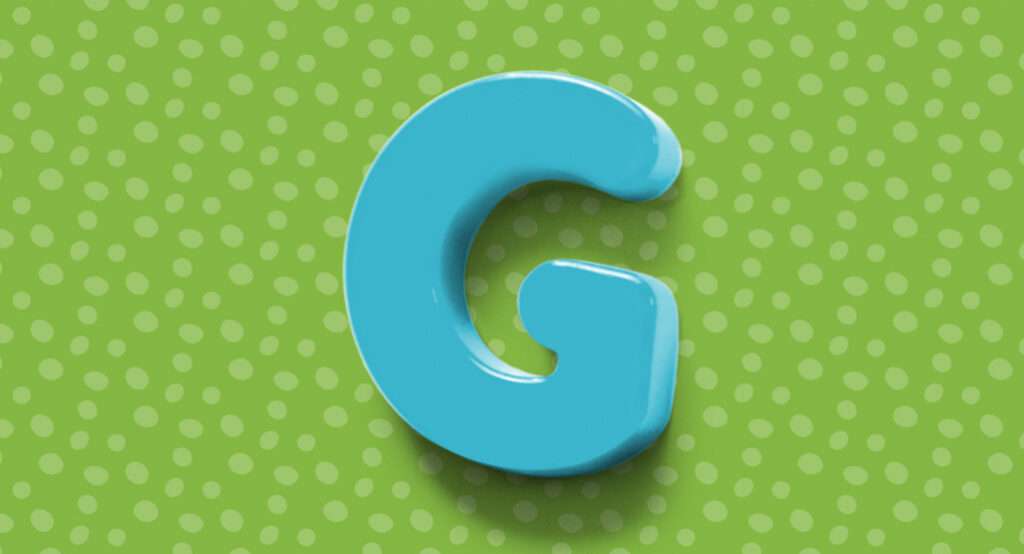Relationship tips: 3 steps to deal with rejection in a healthy way
We all have faced rejections in our lives but sometimes it can be overwhelming and can lead to anxiety or depression therefore, it is important to acknowledge it. Check out 3 steps to deal with rejection in a healthy way.

Each one of us runs behind the key to success but it’s important to know how to handle rejection because that’s how we transform as a person. Humans are programmed to want to be accepted as we are social creatures. This is why rejection hurts and why it may be hard to get over things at times. The good news is that there are simple things we can do to heal from the pain of rejection. Our brains don’t easily tell the difference between rejections that matter and those that don’t unless we consciously think about it and override our automatic reactions.
“But if you allow one rejection to dampen your self-worth and hold you back from living your life, it can have far-reaching consequences, as small as it may be in reality. In fact, dealing with rejection in unhealthy ways can negatively impact your personal relationships — and, in some cases, can even snowball into depression and anxiety,” says Leslie Becker-Phelps, PhD, psychologist and author of Bouncing Back from Rejection: Build the Resilience You Need to Get Back Up When Life Knocks You Down.
Therapist, Dr. Ketam Hamdan, shared 3 steps to deal with rejection on her Instagram page.
Step 1: Accept the pain of rejection
Examples: You find out a job you interviewed for you did not get.
• Don’t deny the hurt
• Admit you are hurt you didn’t get a job
• Or heartbroken/rejected by someone you liked
• You feel hurt, frustrated, worried
• And that’s okay
• It’s important to allow your unconscious feelings to surface and for you to consciously own and release your pain
Step 2: Notice and stop your inner critic
Example: A guy you like does not want to see you again.
• If the chemistry wasn’t there, maybe it was because you were not a good match
• Not because there was something wrong with you
• Notice and stop your inner critic from a domino of negative self-talk and self-labelling
• Such as, “I am ugly”, “I am not pretty enough”
Step 3: Focus on what you can learn
• Once you accept the hurt, make sure to eventually try to learn from the experience
• What is the most important thing I have learned from this?
• What could I do differently next time?
• Getting rejected is normal a part of a life that builds resilience and growth



